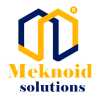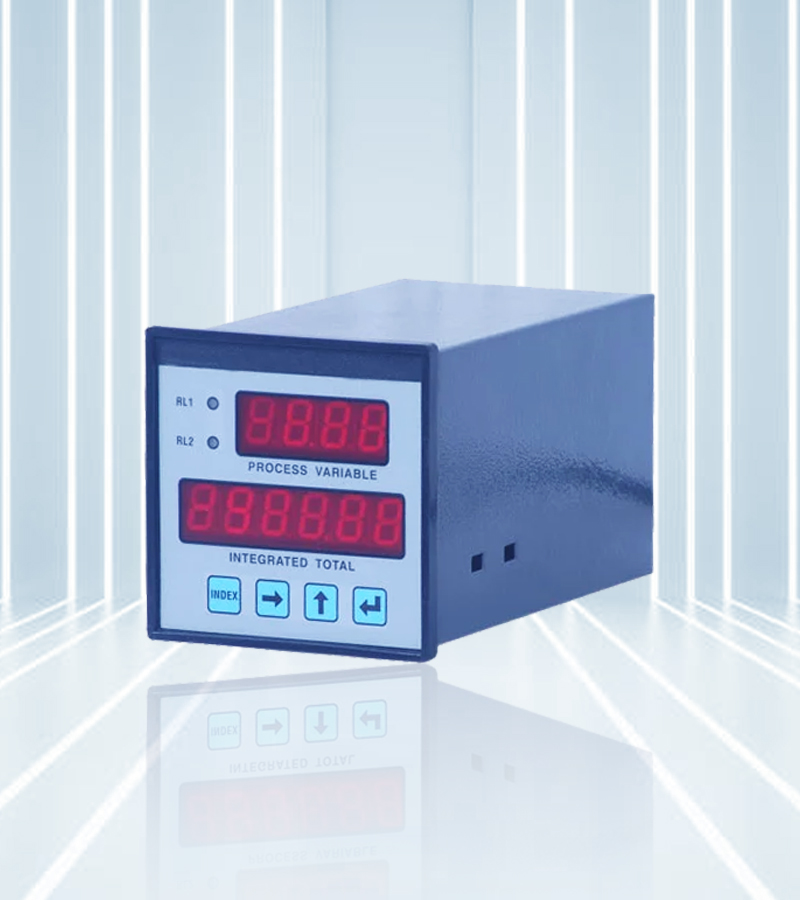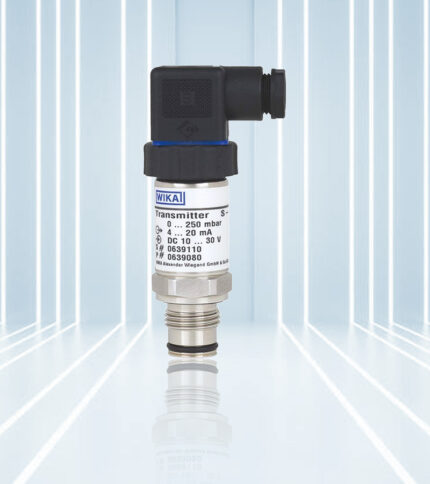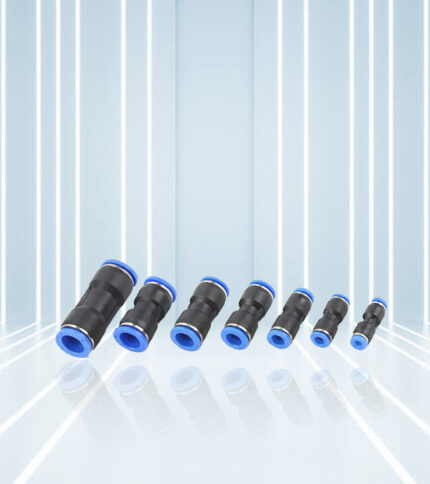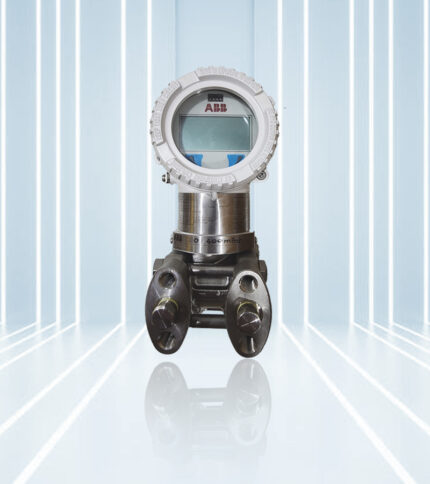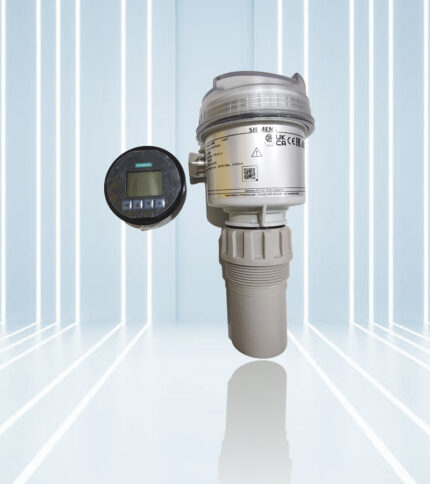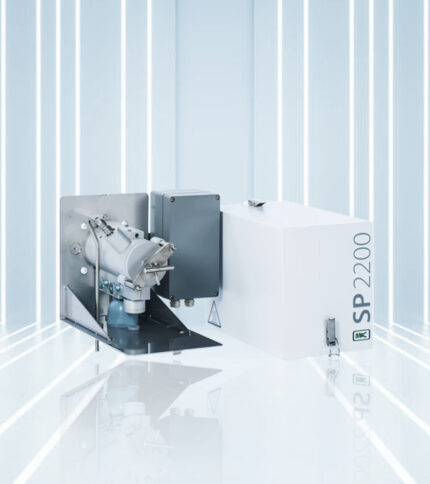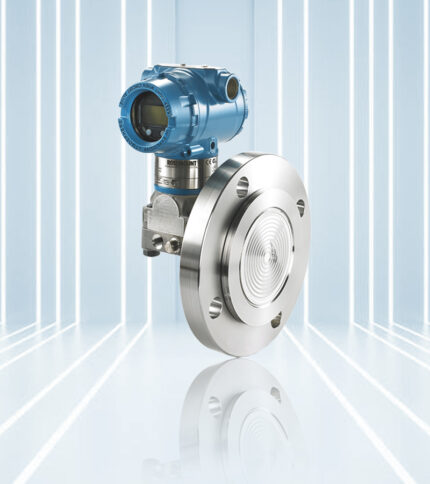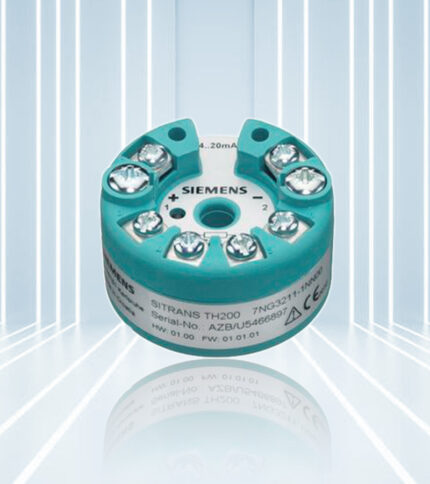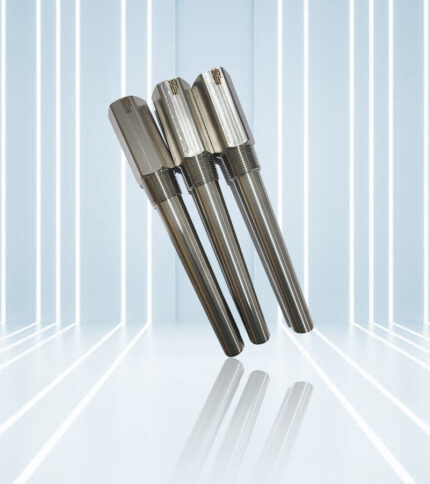Description
The Digital Indicator Controller is an advanced control system designed to provide precise monitoring and control of industrial processes. Equipped with a digital interface, this controller offers intuitive operation and real-time data visualization, allowing operators to monitor and adjust process parameters with ease. Our Digital Indicator Controller is highly versatile, capable of monitoring and controlling various parameters such as temperature, pressure, flow, and level in a wide range of industrial applications. With its customizable settings and flexible programming options, it can be tailored to suit specific process requirements and industry standards. Installation and integration are straightforward with our digital controller, thanks to its modular design and compatibility with standard communication protocols such as Modbus, Profibus, and Ethernet/IP. This seamless connectivity enables easy integration into existing control systems, enhancing automation and process efficiency.
Key features of our Digital Indicator Controller include high accuracy, fast response time, and reliable performance, ensuring precise control and optimization of industrial processes. It also offers advanced diagnostic capabilities and alarm functions to alert operators to potential issues, minimizing downtime and preventing equipment damage. Our Digital Indicator Controller finds applications across various industries, including manufacturing, automation, laboratory research, and environmental monitoring. Whether it’s controlling temperature in chemical reactors, regulating pressure in pneumatic systems, or monitoring flow rates in water treatment plants, our digital controller provides essential control and optimization for enhanced productivity and efficiency.
Benefits
- Precision Control: The Digital Indicator Controller offers precise control of industrial processes, allowing operators to maintain optimal parameters for improved product quality and process efficiency.
- Enhanced Productivity: With its intuitive interface and customizable features, the controller enables efficient monitoring and adjustment of process parameters, leading to increased productivity and reduced downtime.
- Versatility: Capable of monitoring and controlling various parameters such as temperature, pressure, flow, and level, the controller is suitable for a wide range of industrial applications, providing flexibility and adaptability.
- Real-time Monitoring: Operators can visualize real-time data and trends, enabling proactive decision-making and quick response to process variations or abnormalities, ultimately enhancing process reliability.
- Integration Capabilities: The controller seamlessly integrates with existing control systems through standard communication protocols, ensuring compatibility and ease of implementation.
Technology
- Digital Interface: Equipped with a digital interface, the controller offers advanced features such as data logging, trend analysis, and remote access for enhanced control and monitoring capabilities.
- Programmable Logic: Utilizes programmable logic to execute control algorithms, allowing for customization of control strategies to meet specific process requirements and optimization goals.
- Sensor Compatibility: Compatible with a wide range of sensors and transmitters, including temperature sensors, pressure transducers, flow meters, and level sensors, providing versatility in monitoring various process parameters.
- PID Control: Incorporates Proportional-Integral-Derivative (PID) control algorithms for precise and stable control of process variables, ensuring optimal performance and efficiency.
- Alarm and Diagnostics: Offers advanced alarm functions and diagnostic features to alert operators to potential issues or deviations, enabling proactive maintenance and minimizing downtime.
Reliability
- Robust Construction: Built with durable materials and components, the controller is designed to withstand harsh industrial environments, ensuring long-term reliability and performance.
- Stable Operation: The controller maintains stable operation even in challenging conditions, providing consistent and accurate control of process parameters for reliable process performance.
- Redundancy: Some models may feature redundancy options to ensure continuous operation in the event of component failure or system malfunction, enhancing system reliability and uptime.
- Quality Assurance: Manufactured to stringent quality standards and subjected to rigorous testing procedures, the controller undergoes thorough quality assurance processes to ensure reliability and durability.
- Longevity: Designed for extended operational life with minimal maintenance requirements, the controller offers dependable performance over the long term, reducing total cost of ownership.
